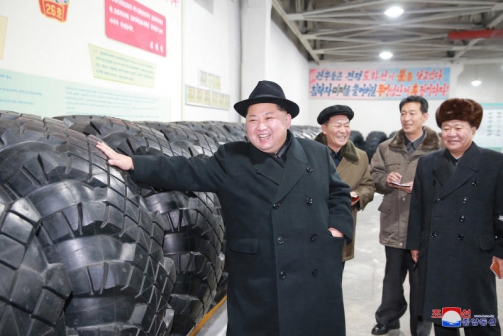×
The Standard e-Paper
Stay Informed, Even Offline

Old alliances between North Korea and several African nations forged at the height of the Cold War will not be swept away easily.
While threats from the United States and United Nations sanctions have forced many governments on the continent to keep their distance from Pyongyang, the links are not yet confined to the past.